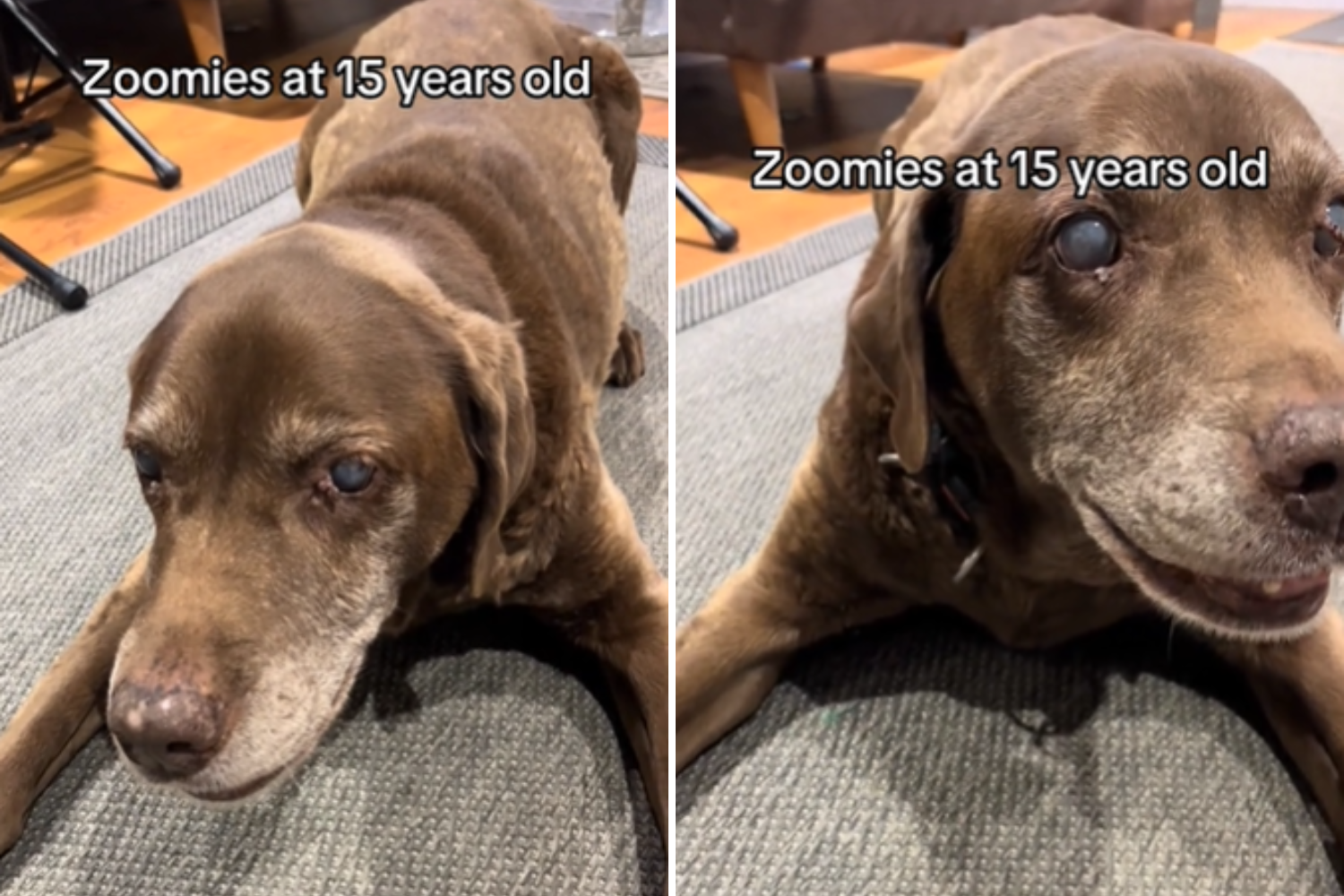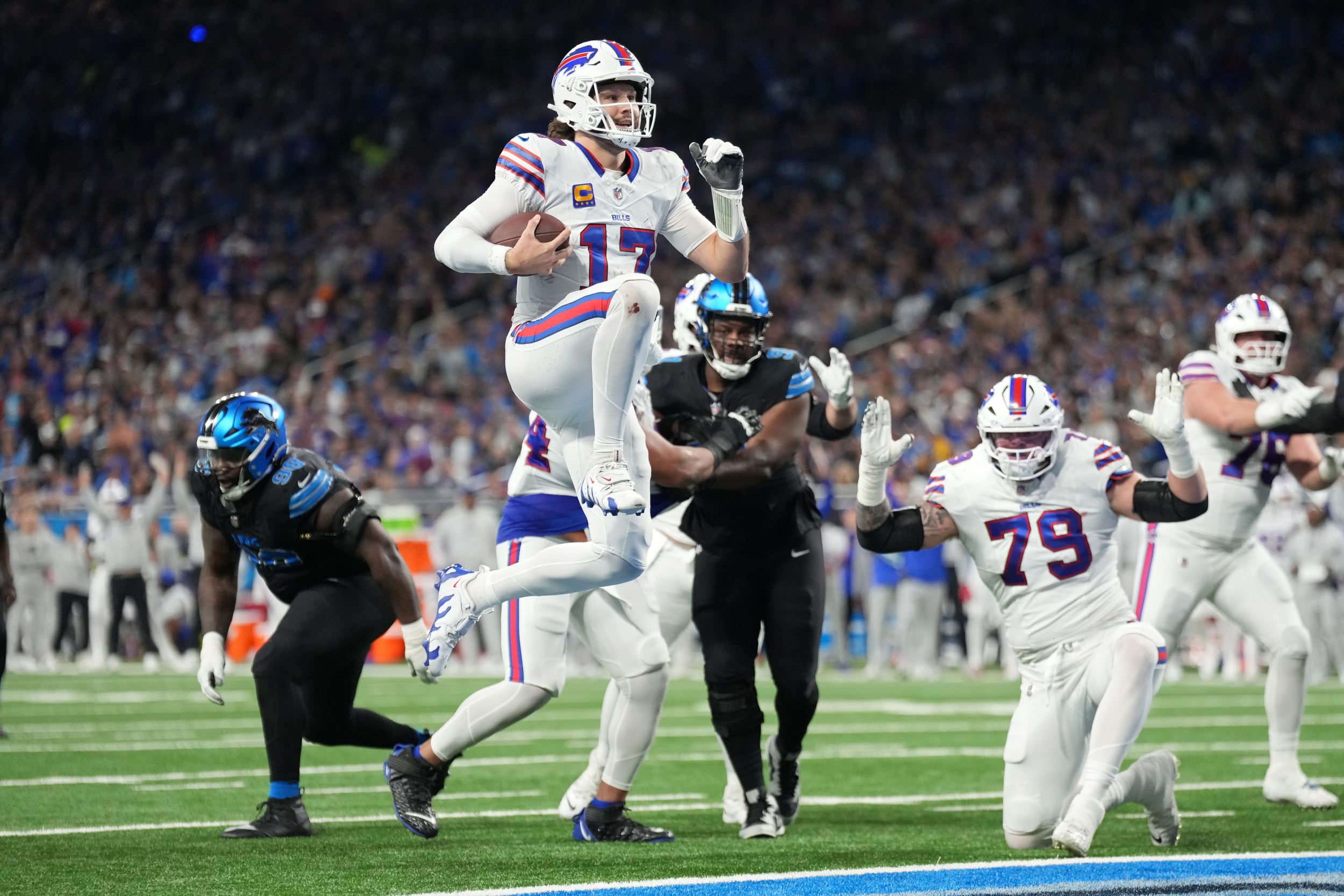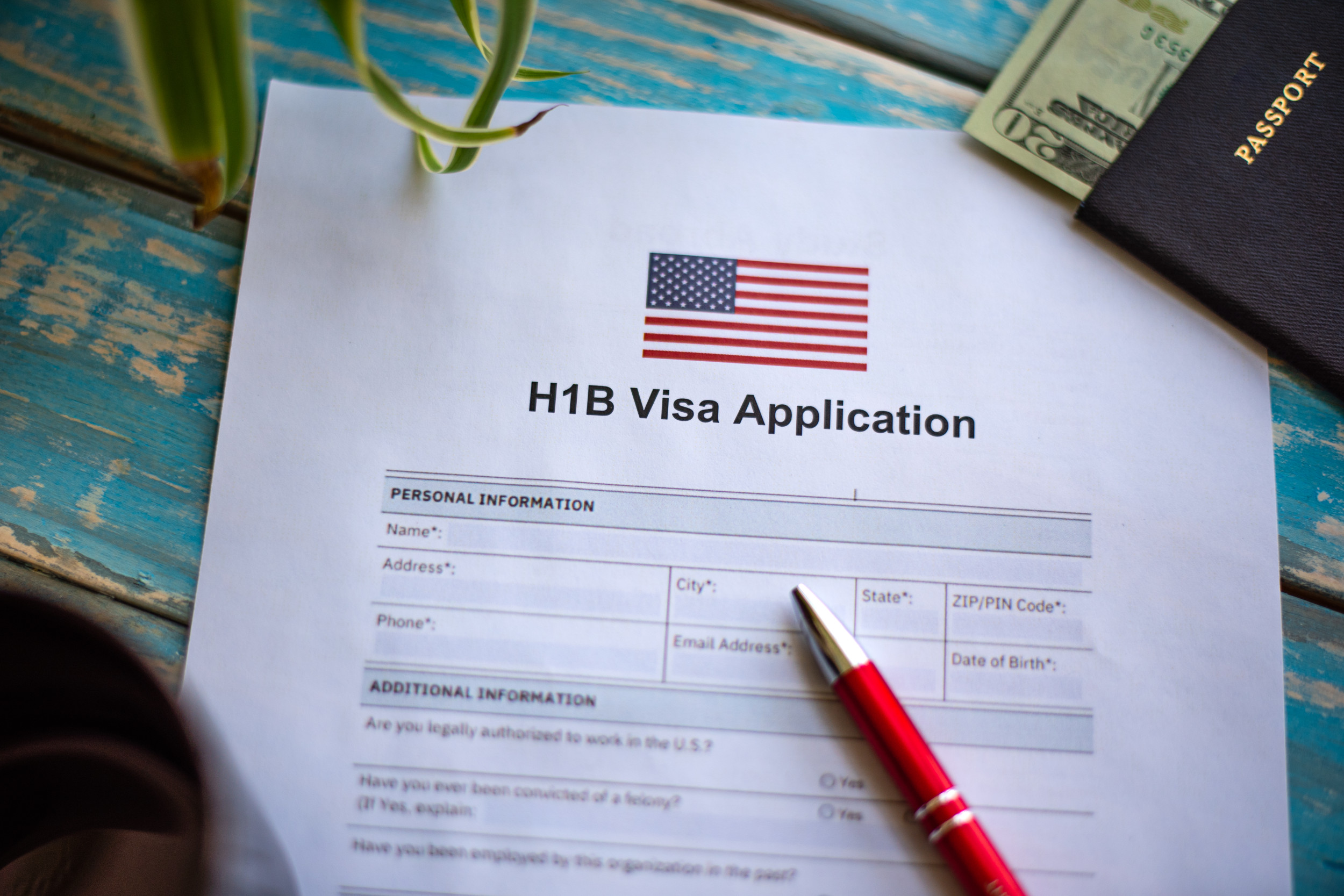When Pennsylvania Senator John Fetterman appeared on The Joe Rogan Experience just days before the election, Rogan introduced a controversial theory about immigration, suggesting that Democratic Party aimed to "import voters" into swing states.
Rogan said, "This is a big fear that people have—that you're rigging the system and that this will turn all these states into essentially locked blue states, like California is," Rogan said to Fetterman.
Rather than directly challenging the baseless theory, Fetterman responded with a non-confrontational acknowledgment, saying, "Immigration is always going to be a tough issue in this nation," before moving on. However, the soundbite was already captured.
Like many traditional politicians, Fetterman stuck to his talking points, following a script to avoid any slip-ups—especially during a heated presidential campaign, where any misstep could quickly circulate on platforms like Elon Musk's X or TikTok.
Although Fetterman likely believed his cautious response did no harm, Rogan posted a clip of the interview on social media with the caption, "I think everyone should understand exactly what is happening." The next day, Rogan publicly endorsed Trump.
Since 2022, conservative governors in Texas, Florida, and Arizona have launched programs sending hundreds of thousands of migrants to cities like Chicago, Washington, D.C., New York City, and Martha's Vineyard, Massachusetts. Of these states, only Arizona is considered a swing state.
However, migrants cannot vote in presidential elections until they become U.S. citizens, and it's impossible to predict if they would support Democratic or Republican candidates.
As Spencer Kornhaber from The Atlantic noted on Friday, this brief exchange highlighted a broader problem with Democratic messaging on new media platforms. Rather than rebutting the claim, which might have resonated with listeners seeking clarity, Fetterman's response came across as evasive—leaving Rogan's audience to believe the theory held substance.
"Most Democratic surrogates seem stuck in a 20th-century performance style, defined by slick sound bites or cinematic monologues. They seem reluctant to do what these new formats require, which is fight," Kornhaber wrote.
Newsweek reached out to Fetterman for a comment on his appearance on The Joe Rogan Experience.
Rogan, a divisive but popular figure, has faced criticism for amplifying conspiracy theories on his show without pushback, which critics say emboldens misinformation. Rogan defends his approach as a commitment to free speech and open dialogue—a stance that resonates with his largely young male audience.

While it's hard to argue that Rogan's endorsement swung the election, it underscored Democrats' messaging challenges, a weakness seen not only with Fetterman but also with Vice President Kamala Harris during her five-month campaign.
Harris, favored by mainstream media, relied on traditional outlets like NBC, ABC, and CBS, even making a cameo appearance on Saturday Night Live. Trump, meanwhile, bypassed these networks, focusing his media strategy on podcasters and social media influencers like Rogan.
It was a bold move that paid off in terms of reach. His three-hour appearance on Rogan's widely viewed podcast garnered 40 million views on YouTube in a week—more than twice the combined audience of the Big Three television newscasts. It also provided a wealth of short, viral clips, far outpacing the reach of Harris's scripted SNL appearance.
With the blame game in full swing, Democrats are pointing fingers and trying to find who's responsible for what went wrong after Trump's decisive victory on Tuesday. While the issues seem clear in hindsight, many strategists are questioning why the campaign didn't recognize these problems sooner, especially given the resources they had to address them.
Harris's limited appeal among young men, particularly Latino and Black voters, was evident. Although we'll never know if an appearance on The Joe Rogan Experience might have swung the election in her favor, skipping it didn't help her case. In the end, it was a missed opportunity to connect with an audience that Democrats now see was not only sizable but crucial to their defeat.




















 English (US) ·
English (US) ·